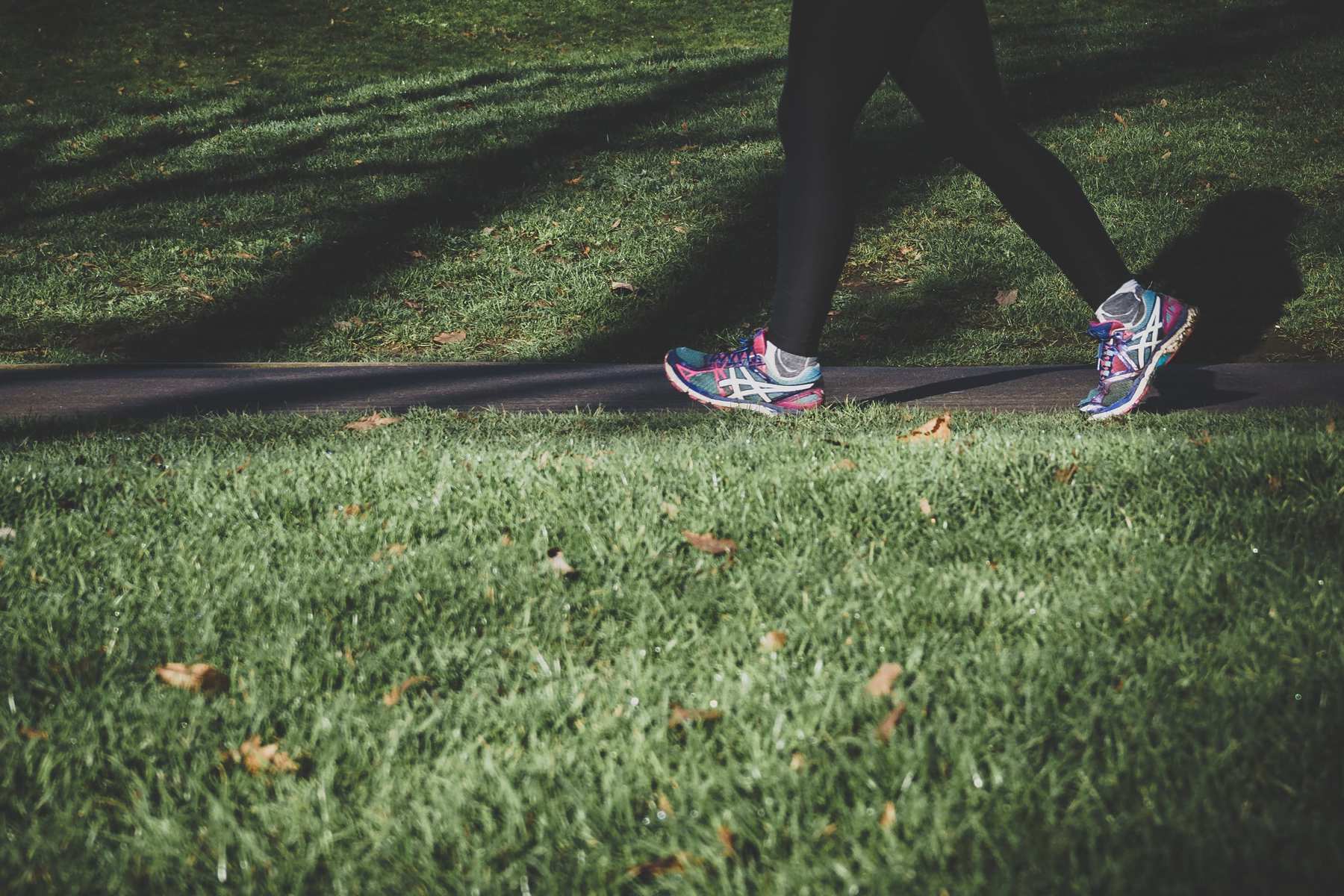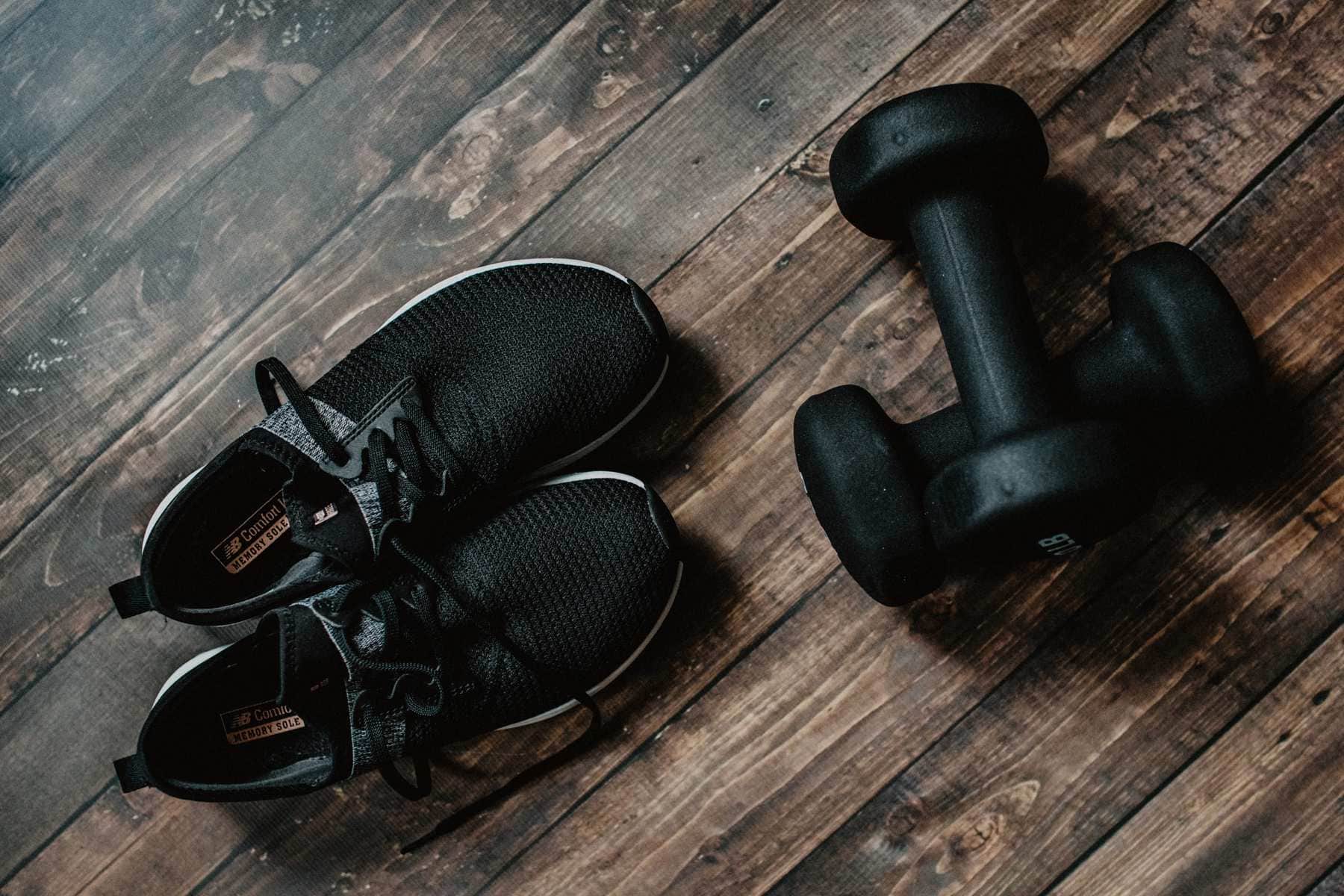What exactly is sports physiology? To understand what a sports physiologist does, one must first understand the idea of exercise physiology.
Muscle and exercise physiology studies the effects of exercise on the human body. It researches and analyses the way the body changes and adapts with regular intensive exercise. It looks at how the human body reacts to the same exercise in different conditions, such as weather, altitude, etc.
Sports physiology uses the findings gathered by exercise physiologists, and applies it to the training of athletes and sports teams. A sports physiologist can design coaching routines, diets, and post-injury rehabilitation and treatment supported by scientific data and research.
There is considerable overlap between the fields of exercise physiology and sports physiology, and both are covered under the catch-all term ‘sports science’.
How you can apply sports physiology to your own life
Even if you’re not an Olympian or elite athlete, sports physiology has plenty to teach. When not used in the athletic field, the focus of sport and exercise physiology is to help people become fitter, live healthier and more active lives, and to treat and prevent disease.
Here are some sports physiology tips, straight from top sports exercise physiologists, on how your health and fitness efforts will impact your life.
1. You can reduce your risk of heart attack by half if you are active, even if heart disease runs in your genes.
Got your nose from your mum, your hair from your grandpa, and your predisposition to a heart attack from your dad? Science has proven that your genetics do not necessarily mean you’ll have the same health problems as your parents or grandparents.
Having a family history of heart conditions puts you at a 91% chance of experiencing a cardiac event, BUT there’s good news from sports physiology: Exercise could be your way out of that heart attack.

The American College of Sports Medicine (ASCM) and Dr. Beth Taylor, Ph.D and director, Exercise Physiology Research in Hartford Hospital, Connecticut collaborated to explain genetics and heart health, revealing that you can reduce the 91% by half if you lead a more physically active life, maintain a healthy weight, eat healthy, and avoid smoking.
2. You need 2 rest days a week to get the most out of your exercise routine.
No matter what your exercise goals are – beating your own marathon record, getting down or up to a particular body weight, working on your zen, or building your biceps – we all need to take rest days, according to Pamela Geisel, Exercise Physiologist at the Hospital for Special Surgery, New York.
On your rest day, you should make sure you’re not replacing your regular exercise with a different form of working out. Your muscles need time to recover, so do give them a break. If you’d like to remain active, use this time to go for a walk with a friend or your partner. You’ll get out in nature, and will make time to reconnect with a loved one.

If you have a regular exercise routine like running or yoga, sports physiology recommends taking two days off per week. Splitting the rest days over the week are an effective way of giving your body time to recover and ensuring you don’t miss your workout-induced high.
However, if you’re doing a high intensity workout like Cross-Fit, or if you’re doing bootcamp style training, or endurance sports like long runs, you’ll need longer to recover, so plan to alternate rest days with workout sessions.
3. Even a few minutes of working out can give you amazing benefits.
When your schedule is packed, your fitness routine is often the first To-Do to be neglected. However, with the growing trend of short, high intensity training sessions lasting as little as a few minutes, nobody can make that excuse.
Martin Gibala is a professor of kinesiology at McMaster University in Ontario, and author of The One Minute Workout. He conducted an experiment with 14 healthy but overweight adults, asking them to try a short 10-minute workout, 3 times a week. The results spoke for themselves. At the end of 6 weeks, participants showed increase endurance levels, increased oxygen levels, and reduced blood pressure.
Of course in sports physiology, a longer workout will give you better benefits, but on days when you’re on a tight schedule, even a short workout is better than no workout. No more ‘I have no time’!

If you’re thinking about beginning a fitness routine, check out group classes in your area, or hire a personal trainer for a more personalized approach.
4. Fad diets might have short-term effects but may also be harming you.
Fad diets promise big results by cutting out specific food groups, but also deprive your body of certain nutrients and vitamins, says Stephanie Howe. She knows her stuff – she’s is a trail runner, Nordic skier, and Ph.D in Nutrition and Exercise Physiology at Oregon State University. She’s not a believer in restrictive crash diets, and espouses a more long-term strategy of conscious eating instead. On her website, you’ll find plenty of healthy (and delicious-looking) recipes.
Along with sport and exercise physiology, healthy eating should be a long term decision, and should give you plenty of options. If you learn how to make healthier choices, you will be able to enjoy your food, indulge in your favourite treats in moderation, and still work towards your fitness goals – for the rest of your life. Take the first step by consulting a nutritionist today, and you’ll find yourself eating your way to better health.

Making an appointment with a sports physiologist is a good way to get expert advice on preventing illnesses, dealing with chronic complaints, recovering from injuries, or even to just learn how to exercise more effectively. If you’d like to make an appointment for sports physiology near you, Avaana can help you find the right one.



